**Imagine refreshing your screen frantically at 7 a.m., competing with thousands of others for that coveted camping spot at Algonquin Park—only to watch it vanish in seconds, possibly scooped up by a bot or scalper.** This frustrating reality of online reservation systems plagues outdoor enthusiasts across Ontario, but a revolutionary technology called public blockchain is promising to change the game entirely.
Public blockchains operate like a digital public ledger that everyone can see but no one can cheat. Think of it as a transparent reservation book where every entry is permanent, verified by thousands of independent computers simultaneously, and impossible to manipulate. Unlike traditional booking systems controlled by a single company, public blockchains distribute power across a network, making scalping, double-bookings, and system crashes far less likely.
For Ontario adventurers planning their next backcountry escape or waterfall hike, this technology means fairer access to permits, transparent waitlists you can actually trust, and potentially even the ability to safely transfer your reservation if plans change—without enabling a gray market. Parks like those in our provincial system could implement blockchain-based permits that verify your booking instantly, track capacity in real-time without privacy concerns, and ensure that prime camping dates go to real people, not profit-hungry resellers.
The best part? You won’t need to understand the complex technology behind it—just enjoy a smoother, more equitable booking experience for your outdoor adventures.
What Public Blockchains Actually Mean for Your Park Booking
Think of a public blockchain like the scoreboard at your favorite hockey rink—everyone can see it, it updates in real-time, and nobody can secretly change last period’s score. That’s essentially what public blockchains bring to park reservations: a transparent, shared record book that lives online where everyone can verify what’s happening, but no single person or organization controls it.
Here’s how it works in everyday terms: imagine you’re booking a campsite at Algonquin. Right now, you trust that the park’s computer system is fairly distributing those coveted lakeside spots. But what if that system could show you—and everyone else—exactly how every reservation was made, in what order, and who got what? That’s a public blockchain. It’s like having a community logbook where every entry is permanent, time-stamped, and visible to all.
The “public” part means transparency. Unlike private databases hidden behind company walls, public blockchains let you peek behind the curtain. If someone claims they reserved a permit first, you can actually verify it. If a popular trail suddenly shows “fully booked,” you can see the actual reservation chain. This openness creates fairness naturally—it’s much harder to game a system when everyone’s watching.
The “blockchain” part refers to how information gets locked in permanently. Each reservation or permit becomes like a link in an unbreakable chain. Once your booking is recorded, it can’t be mysteriously deleted or bumped by someone with insider access. Think of it as writing in permanent ink in a book that’s stored in thousands of places simultaneously—tampering becomes virtually impossible.
This technology pairs beautifully with AI travel tools to create smarter, fairer booking systems. While AI helps you find the perfect camping dates, blockchain ensures your reservation stays secure and legitimate. For eco-conscious travelers, this transparency also enables better tracking of park usage patterns, helping conservation efforts while protecting your outdoor adventure plans.

The Real Problems Blockchain Could Solve at Ontario Parks
No More Phantom Reservations and Scalpers
I’ll never forget the frustration of trying to book a campsite at Algonquin Provincial Park. I set my alarm for the exact moment reservations opened—5 AM on a Tuesday—refreshed the page frantically, and still watched coveted lakeside sites vanish within seconds. Later, I discovered many remained mysteriously “unavailable” until they suddenly reappeared at inflated prices on resale sites.
This is where blockchain’s transparency becomes genuinely exciting for outdoor enthusiasts. A blockchain-based system would record every reservation on a public ledger, making it visible when bots scoop up multiple sites or when phantom bookings artificially inflate demand. Each transaction would be traceable, showing whether a real person made the reservation or if suspicious patterns suggest scalping.
Think of it as a glass-walled reservation system where everyone can see what’s happening. Bots thrive in opacity—they exploit the milliseconds before humans can react and create artificial scarcity. With blockchain, parks could implement rules that automatically flag and cancel suspicious booking patterns, returning sites to genuine campers before scalpers profit from our love of nature.
Fair Access When Everyone Wants the Same Weekend
We’ve all been there—you set your alarm for the exact moment bookings open for Killarney Provincial Park’s coveted lakefront sites, only to find everything’s gone in thirty seconds flat. It’s frustrating, and honestly, it doesn’t feel fair when bots or people with faster internet connections snag all the best spots.
Here’s where blockchain gets interesting: instead of first-come-first-served chaos, the system could use a lottery approach with transparent timestamping. You’d submit your request during a set window—say, a full 24-hour period—and the blockchain would timestamp every entry. Then, a randomized selection process allocates the permits, with every transaction recorded and verifiable.
Think of it like a raffle where everyone can see the drawing happen. No one gets an advantage from lightning-fast clicking or sophisticated booking software. Whether you’re requesting a campsite at Bruce Peninsula or a backcountry permit for Algonquin’s Highland Trail, you’d have the same fair shot as everyone else.
The beauty is the transparency—you could actually verify that the lottery ran fairly, that timestamps weren’t manipulated, and that allocations followed the stated rules. It’s not about who has the fastest connection anymore; it’s about creating genuinely equal access to Ontario’s natural treasures.
Tracking Your Permits Across Multiple Parks
Picture this: you’ve got a fishing license, an Algonquin backcountry camping permit, and a seasonal day-use pass for Bruce Peninsula—all tracked separately through different systems and emails. It’s a headache keeping everything straight!
A unified blockchain system would change this completely. Think of it as your digital outdoor adventure wallet. Every permit, license, and pass you purchase gets recorded on one shared system that all Ontario parks can access. When a park ranger asks to see your backcountry permit at Killarney, they simply scan a QR code on your phone—the blockchain instantly verifies everything.
Here’s the beauty of it: the system automatically tracks expiration dates and sends you friendly reminders when renewals are coming up. No more accidentally using an expired fishing license! Plus, if you’re planning a multi-park canoe trip through several provincial parks, rangers at each location can see your permits without you fumbling through emails or printouts.
**Insider tip**: This centralized approach also helps conservation efforts. Park managers can better understand usage patterns across regions, allowing them to protect sensitive ecosystems while still welcoming outdoor enthusiasts like you.
How a Blockchain Reservation Actually Works (No Tech Degree Required)
Let’s walk through what booking that dream campsite at Algonquin would actually look like with blockchain behind the scenes. Spoiler alert: it feels almost identical to what you’re doing now!
You’d still pull up the park’s reservation website on your phone or laptop, browse available dates, and pick your favourite lakeside spot. The calendar still shows which sites are open—no confusing tech interfaces or cryptocurrency required. You’d enter your information, pay with your regular credit card (yes, really!), and receive a confirmation email just like today.
Here’s where the magic happens underneath: Instead of your reservation living in a single government database that could crash or be manipulated, it’s recorded on a shared ledger that multiple trusted parties can see. Think of it like everyone getting an identical receipt that can’t be altered.
When thousands of people rush the system at 7 AM sharp, the blockchain processes requests in the exact order they arrived—no more mysterious “system errors” that somehow give certain users advantages. Each transaction gets timestamped permanently, creating an unchangeable record of who clicked when.
The day of your trip, you’d still drive to the park entrance, show your confirmation (perhaps through touchless park entry systems), and head to your site. The difference? Rangers can instantly verify your legitimate booking against the blockchain record, making scalping nearly impossible.
For you as a camper, it’s the same convenient experience—just with fairness baked into every step. No special apps to download, no crypto wallet needed, no tech degree required. Just honest access to Ontario’s beautiful outdoors, where everyone gets an equal shot at prime camping spots.

The Green Side of Blockchain Booking
I’ll be honest—when I first heard about blockchain for park reservations, my initial thought was about the environmental impact. We’ve all seen the headlines about cryptocurrency energy consumption, and the last thing Ontario’s beautiful natural spaces need is a tech solution that harms the environment it’s meant to serve!
Here’s the good news: newer public blockchains have completely changed the game. Modern systems use a fraction of the energy compared to older models—we’re talking about 99% less energy consumption in some cases. These eco-friendly technological solutions are designed with sustainability in mind from the ground up.
But the environmental benefits go beyond just energy usage. Think about how much waste exists in current reservation systems: printed permits that end up crumpled in glove compartments, duplicate bookings that leave campsites empty while others get turned away, and unnecessary park ranger trips to verify permits. Blockchain eliminates these inefficiencies entirely.
**Insider tip**: Parks Ontario staff have shared that efficient digital systems reduce the need for additional infrastructure. Fewer staffed entrance booths mean less construction impact on natural areas, and digital verification means rangers can focus on conservation work instead of paperwork.
The real environmental win? Better resource allocation means less overcrowding in popular areas and better distribution of visitors across Ontario’s park system. When everyone can access real-time availability across all parks, we naturally spread out—reducing our collective footprint while still enjoying these incredible outdoor spaces.
What This Means for Your Next Ontario Adventure
If you’re planning your next camping trip to Algonquin or booking a backcountry permit for Killarney Provincial Park, don’t worry—you won’t need to become a crypto expert overnight! The shift to blockchain-based systems will happen gradually, and the good news is that the technology will work behind the scenes while your booking experience actually gets simpler.
**What’s Changing (and When)**
Ontario Parks is currently exploring blockchain pilot programs at select locations, with broader rollouts expected over the next 2-3 years. You’ll notice improvements like instant confirmation when permits become available, more transparent waitlist systems, and potentially lower booking fees as intermediaries are reduced. The frustrating “refresh and pray” method during peak booking windows should become a thing of the past.
**What Stays the Same**
Your actual outdoor experience won’t change one bit. The trails will still be muddy in spring, the mosquitoes will still find you in June, and the sunsets over Georgian Bay will remain absolutely breathtaking. You’ll still book through familiar websites or apps—just with better technology powering them behind the scenes.
**Getting Involved Now**
Watch for announcements about pilot programs at participating parks. Early adopters might enjoy perks like priority booking windows or reduced fees. Sign up for Ontario Parks newsletters to stay informed about testing opportunities.
**Eco-Friendly Bonus**
Here’s an insider tip: blockchain systems use significantly less paper for permits and confirmations. Consider going fully digital with your trip planning—download trail maps to your phone and skip printing altogether. The forests will thank you, and you’ll have one less thing to carry on those long portages!

Here’s the truth that matters most: technology should fade into the background, letting you focus on what really counts—the sunrise over a misty lake, the thrill of spotting wildlife on a trail, or the satisfaction of finally securing that perfect campsite for your family reunion.
Public blockchains and similar innovations aren’t about adding complexity to your outdoor adventures. They’re about removing the frustration that’s stood between you and Ontario’s incredible natural spaces. No more refreshing booking pages at midnight. No more wondering if your permit is legitimate. No more disappointment when systems crash during peak season.
As these technological improvements continue evolving, staying informed helps you take full advantage of better booking experiences. But remember—the goal isn’t to become a tech expert. It’s to spend less time wrestling with reservation systems and more time breathing fresh air, paddling quiet waters, and creating memories in Ontario’s remarkable wilderness.
The best booking system is the one you barely notice, leaving you free to focus on the adventure ahead.

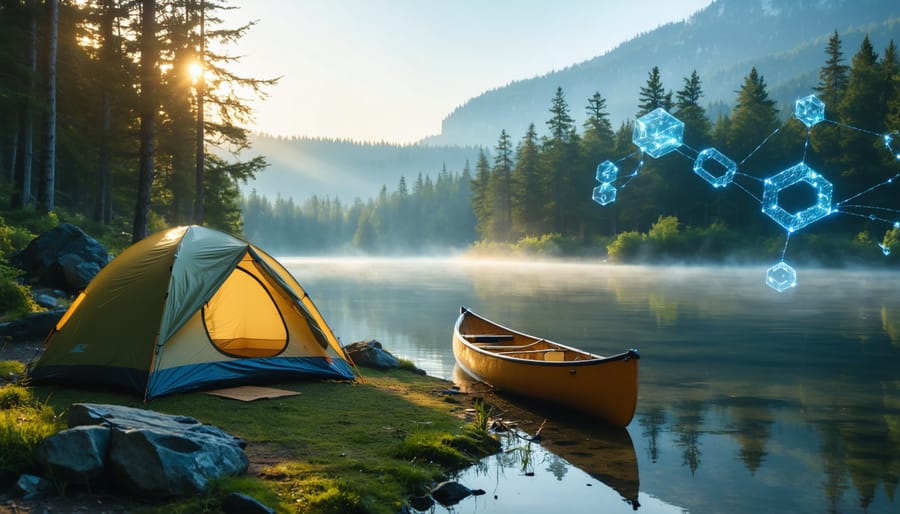



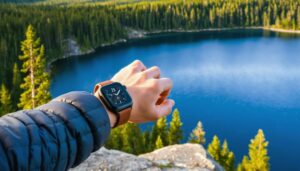
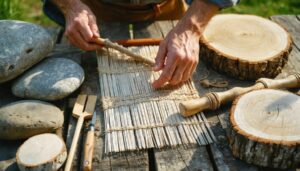

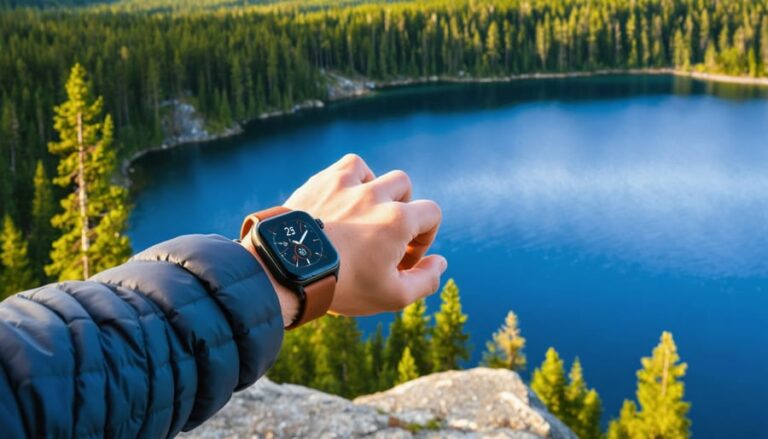

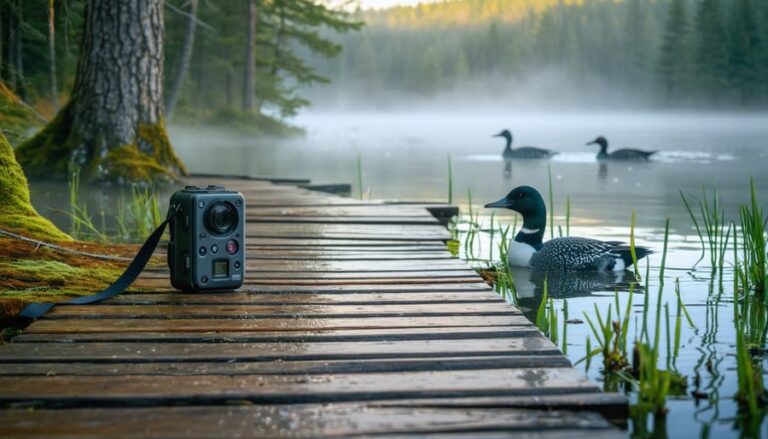
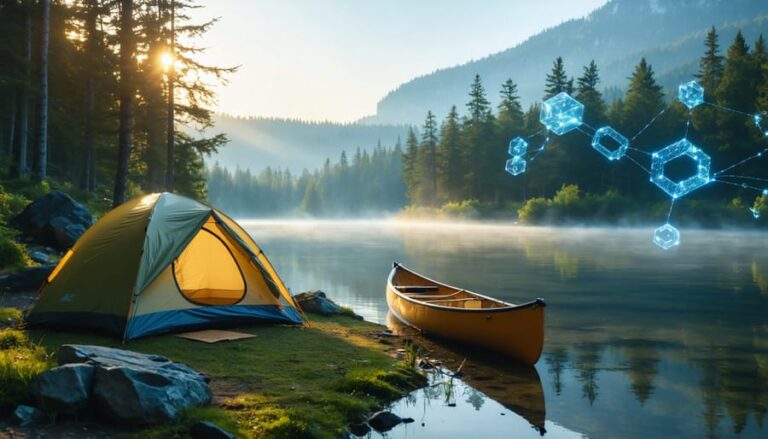
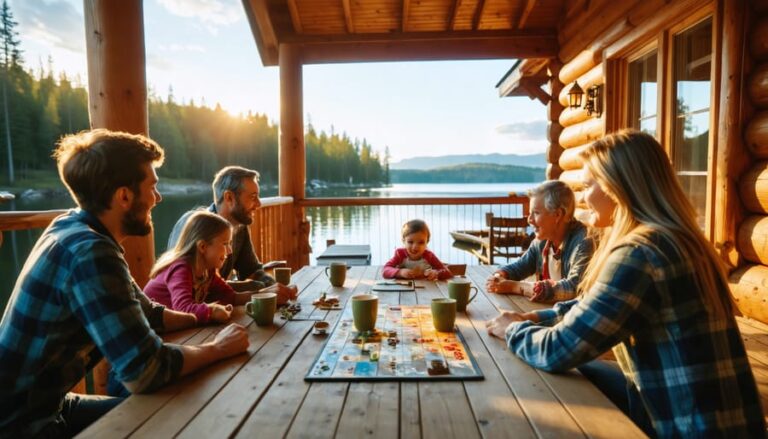
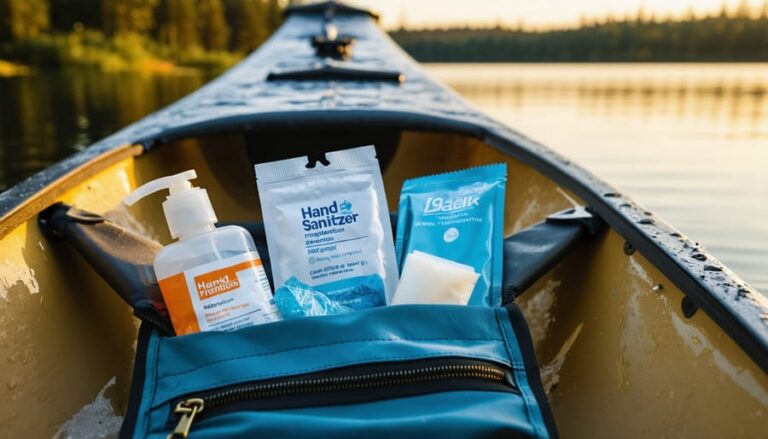
+ There are no comments
Add yours